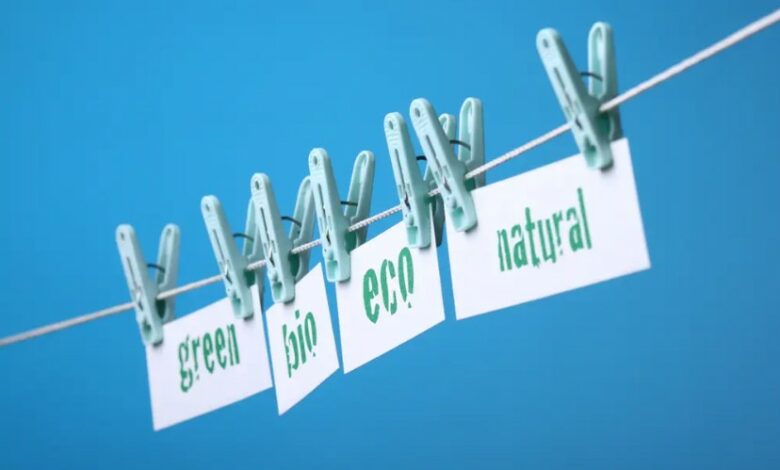The EU takes a decisive step towards the anti-greenwashing directive
It will be forbidden to promote products with planned obsolescence and lie about sustainability. Here are all the rules against greenwashing
(sustainabilityenvironment.com) – There is an agreement between the European Parliament and the Council on the rules against greenwashing. The compromise arrived on Tuesday evening and should lead to an update of the EU list of unfair trade practices. The aim is to ban misleading advertising and to provide consumers with better product information.
What changes in the fight against greenwashing
Generic claims on sustainability, such as “ecological“, “natural“, “biodegradable, “climate neutral” or “eco” will be prohibited. Unless relevant and calculable environmental performance evidence is provided. It will also no longer be possible to promote products that contain a feature that has been introduced to limit lifespan. If this is done purposely and you know the mechanism that causes the planned obsolescence, it will not be able to advertise.
Stop on indications based on generic emission compensation schemes: sustainability labels should be based on certification schemes approved or established by public authorities. This, however, has so far not been sufficient to avoid false declarations by compensation schemes. Even the most famous certifiers have filled the carbon credit market with junk projects.
It will also be prohibited to invite the consumer to replace materials such as printer cartridges before due. Submitting software updates as needed will be another prohibited practice. Finally, if a product is not repairable, it cannot be declared as such. At the request of the EU Parliament, information on product warranties will be made more visible. A special label will be designed by the European Commission to enhance the producers who extend the standard guarantee free of charge (which is valid for two years in the EU).
The next steps
To become law, the interim agreement will now have to obtain the final approval of Parliament and the Council. The vote of the MEPs is scheduled for November, then, when the directive comes into force, the states will have 24 months to adapt their legislation.
The rapporteur of the measure for the European Parliament, Biljana Borzan, rejoiced at the compromise reached with the member states. “We have reached an excellent agreement for consumers. 60% of European consumers do not even know that all products are accompanied by a legal guarantee. Today things are changing: a reminder will be present in all EU shops and in some cases also on the packaging. In addition, a new extended warranty label will clearly show which products last longer, so it will be easier to buy more durable products. We also negotiated a strong position on early obsolescence. We shouldn’t advertise products that fail too soon. In addition, we are eliminating the chaos of environmental declarations, which must now be substantiated, and statements based on emission compensation will be banned”.






